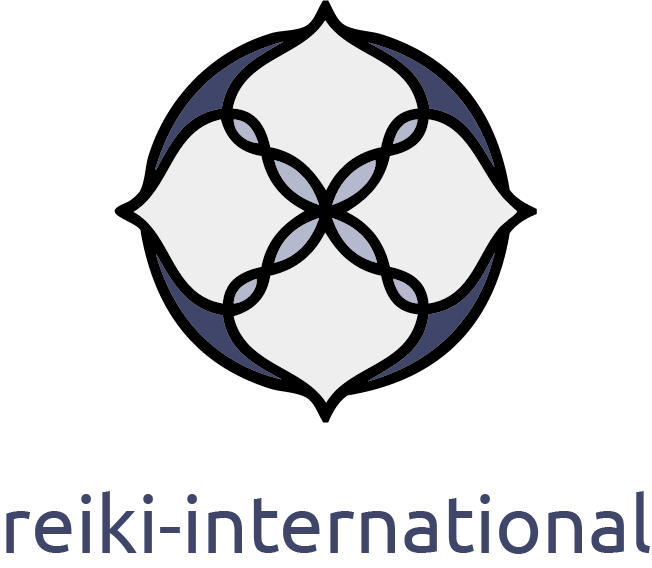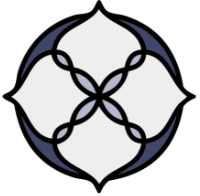Doctor encourages patients and hospital staff to handle Reiki transparently. Thus authorities and medical faculties can recognize the need for and the effect of Reiki. The following case history illustrates how caregivers, patients and relatives can contribute to that.
Mischa and I have been in hospitals time and again for many years in order to provide patients with Reiki. This is important work, not only for the person who has fallen ill but also in order to integrate Reiki increasingly into our health care system. We often experience that not the doctors need elucidation, but the patients do, i.e. the people outside of academic medicine with all its prejudices.
Yesterday in the cantonal hospital in Lucerne: the patient is being dialyzed since 10 years. He has a long history of suffering including a kidney transplant, gout, gastric operation. His arteries are so congested that the heart is being damaged. Surgery would be a great risk. One can say that he has been living on borrowed time for quite a while and has done so with astonishingly high quality of life. This is among others thanks to Reiki, to which he owes a lot, by his own admission, also in several emergency situations of life. He also suffers of insufficient perfusion which in turn strains especially the extremities. Thus three years ago half of one foot was amputated. He is back in the hospital since six weeks because the toes of the other foot have also been lost. This was not accomplished in one surgery, it was done in steps, as they tried to preserve as much as possible.
The history of suffering of this man is unbelievable. And how he deals with it is even more so. As previously mentioned he values Reiki very highly. And still he pulled his foot away as the nurse entered his hospital room and asked me to stop my Reiki treatment. The bandage was gone for the first time; the wound looked grisly to the medical layman. But of course it makes sense to treat it right then. Maybe he was ashamed. I do not know. In any case I barked at him quite forcefully: “Don’t be like that! You know exactly how much good this does you.” As well as: “We don’t need to hide from the doctors.” The latter I said loud enough for the nurse to hear.
He looked at the nurse sheepishly and told her, that I am doing Reiki. Very good, she said, and then to me: “Next time please turn on the light outside, then I would not have disturbed you. Please excuse me. I will come back later.” Quickly we entered into a conversation which was followed by the astounded patient.
“Are you a Reiki Therapist?” she asked me. “Yes. And I am a Reiki Teacher.”
“Fantastic,” she replied, “we had an internal advanced training and I have been practicing Reiki as well since then and whenever I can I practice it here in the hospital and mention it in my nursing report. It cannot be prorated but it’s the only way that the effect of Reiki is being documented. And if many enter it into their reports, it will become a matter of course.”
She wanted to know my name as well, because she is thinking about completing the third degree…
This story shows that the problem is not traditional medicine setting itself actively against Reiki. Neither do I believe in a conspiracy of a bad pharmaceutical industry opposing alternative or complementary therapies. Aside from the prejudice described above of many people toward conventional medicine the biggest challenge is called “money.” The system – and I do not mean the health care system but a superordinate social system of our coexistence – currently makes it difficult for us to bill Reiki treatments in hospitals.
Whether the solution is to integrate Reiki through regulations and standardizations into the system; so that for example health insurance companies pay for treatments, remains to be seen. Many efforts go in this direction. The scientific debate about Reiki can further this goal. Mischa and I are supporting such developments. But not only that. Parallel and complementary we are also of the opinion that more innovative avenues can be explored. in-besten-Händen.ch is exploring such possibilities. We recommend our readers to catch up on the homepage of that organization occasionally.
In conclusion we invite everyone who is active in a medical environment to do the same as the nurse in this story: mention Reiki as often as possible in reports. Even if it does not result in short term financial benefits… constant dripping wears the stone.
See also “Reiki Help is Everyone’s Due!”

